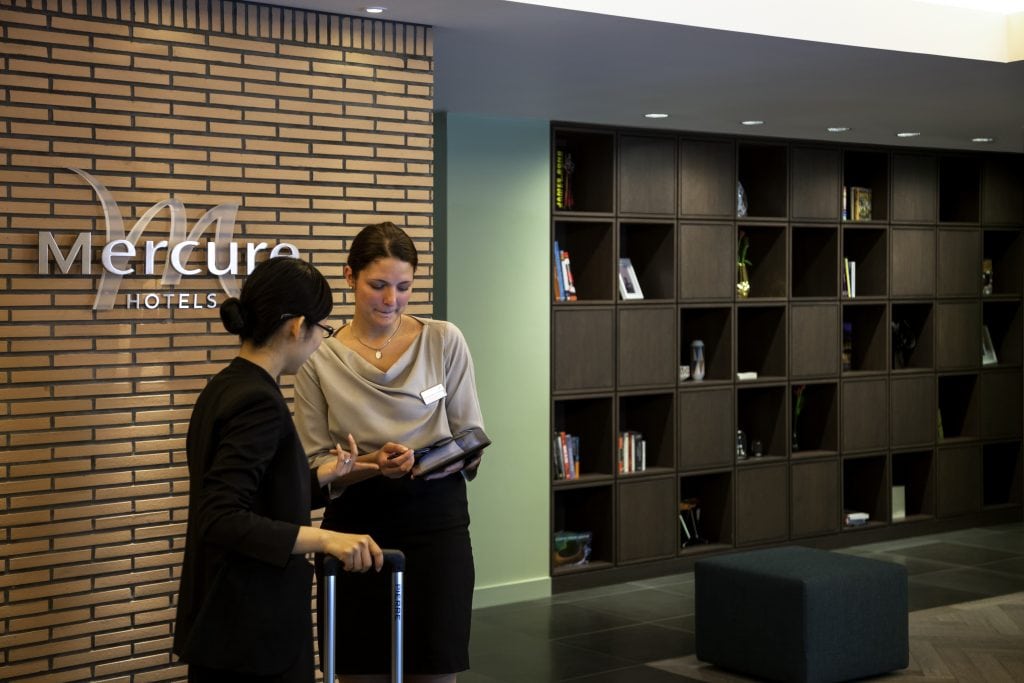Skift Take
AccorHotels' acquisitions over the last couple of years aren't money makers yet but that's not to say they never will be. CEO Sébastien Bazin is still intent on playing a very different game than the other big hotel companies.
AccorHotels isn’t planning on slowing down its aggressive acquisition strategy anytime soon.
The hotel company, which has broadened out into other areas within travel over the last couple of years, expects to continue its seemingly relentless dealmaking in 2018.
“We have the means to grasp our acquisition opportunities in the hotel business but elsewhere too. So we expect to increase the number of acquisitions we will be making over the year,” said Jean-Jacques Morin, Accor’s chief financial officer at a presentation with analysts after the company’s 2017 results.
Since the start of 2016, Accor has bought or invested in more than 12 companies across a range of sectors, adding the likes of Fairmont Raffles Hotels International and Onefinestay to its portfolio.
Buying hotel brands is a logical move for any hotel company but it is the acquisitions outside Accor’s comfort zone that have attracted most of the attention. Those include flash deals specialist VeryChic, concierge service John Paul, and events business Potel & Chabot.
The process of integrating them into Accor has not always been easy and they are collectively not turning a profit yet.
Accor’s new businesses unit — which includes all its concierge services, luxury home rentals, private sales of luxury hotels and stays, and digital services for independent hotels — reported a revenue rise of 127 percent to $123 million (€100 million) but its loss (earnings before interest and taxes) widened from $30.8 million (€25 million) to $40.7 million (€33 million). Accor said this loss “was affected by an increase in amortization linked to the acquisitions made in 2017.” The figures cover the year to the end of December, 2017.
During the same presentation, CEO Sébastien Bazin, acknowledged that Accor had made some mistakes in integrating these companies.
Around 30 percent of “consolidated profit” was supposed to come from the new businesses unit within the next five years,” Accor said in 2017. At the moment it is still loss-making.
“We imposed all our IT standards on these companies and it was a nightmare for them to adapt their IT systems in order to respond to the constraints of Accor,” Bazin said.
“We spent more time in the back of the house than in front of the house so growth in 2017 isn’t what I expected for reasons that are probably linked to Accor…”
Bazin said the growth targets might slip “but that Accor had “lost a year and not the line or the direction”.
The numbers
Total revenue rose 17.7 percent to $2.4 billion (€1.9 billion) with net profit increasing 60.9 percent to €481 million.
In Accor’s core hotel services division, revenue rose 14.6 percent to $2.2 billion (€1.7 billion). The Asia-Pacific region (+7.7 percent), was the strongest performer on a like-for-like basis, followed by Europe (+7.2 percent). South America struggled, finishing down 3.3 percent.
Revenue per available room (RevPAR) — a popular hotel industry metric — grew 4.7 percent overall.
Have a confidential tip for Skift? Get in touch
Tags: accor, earnings, manda, onefinestay
Photo credit: The Mercure London Bridge hotel in the United Kingdom. AccorHotels
